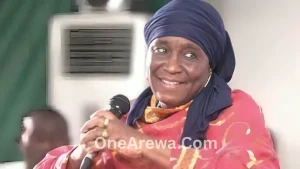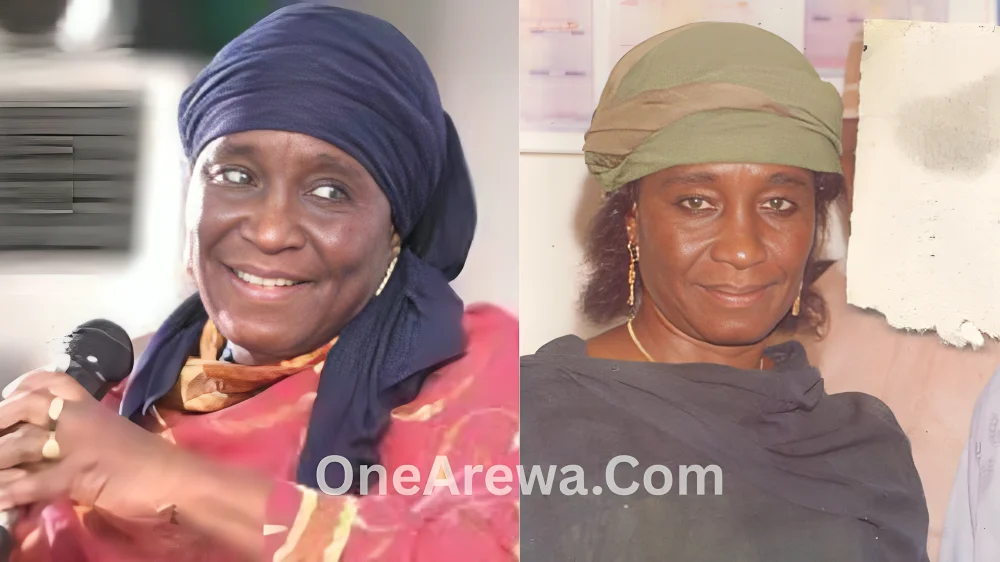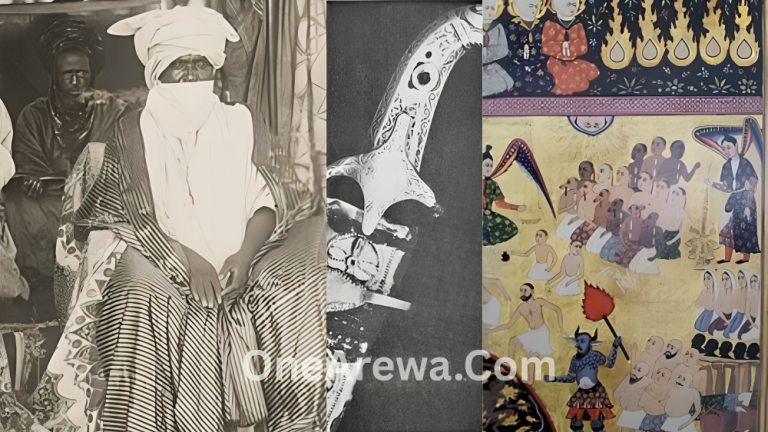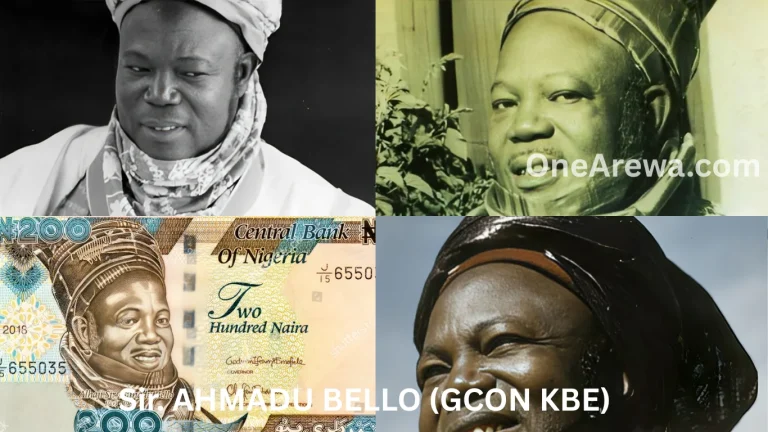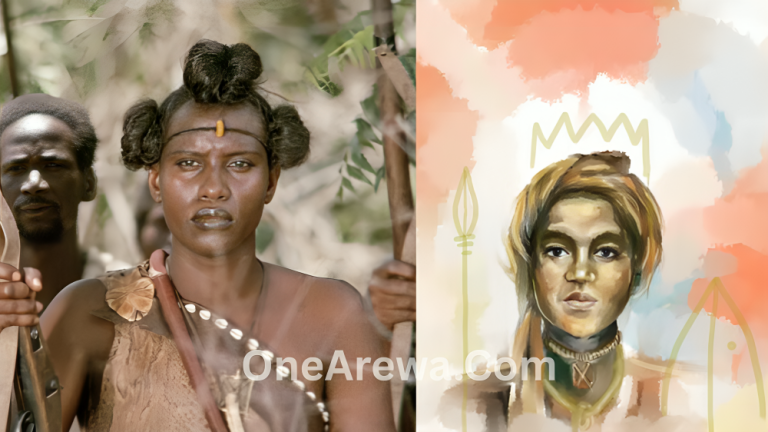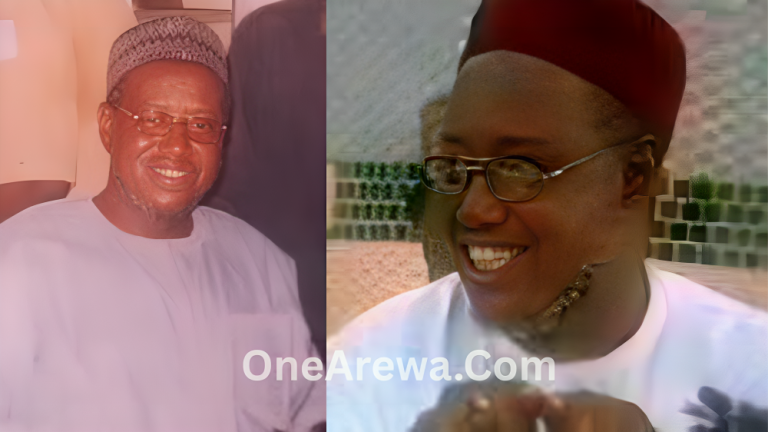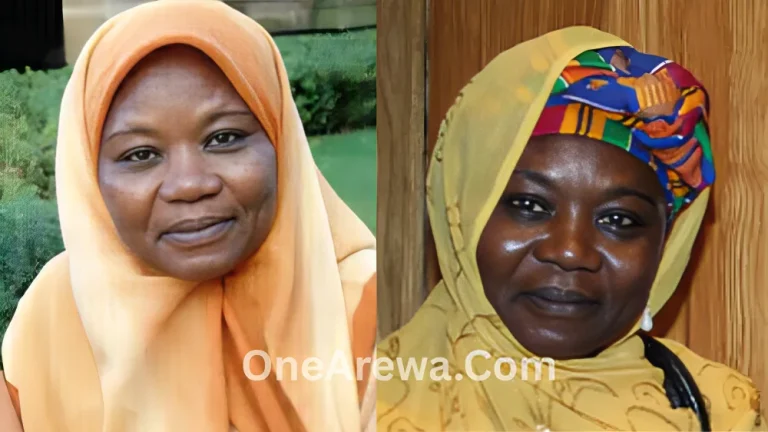Zaynab Alkali: Trailblazing Nigerian Author and Africa’s First Female Novelist in English
Zaynab Alkali: Trailblazing Nigerian Author and Africa’s First Female Novelist in English
Zaynab Alkali (born 1950, Tura-Wazila, Borno State) is the first woman novelist from Northern Nigeria, renowned for her contributions to African literature as a novelist, poet, and academic.
She earned a BA in 1973 and later a PhD in African Studies from Bayero University, Kano, then became Principal of Shekara Girls’ Boarding School before joining the University of Maiduguri as a senior lecturer for 20 years.
She later worked with the National Primary Health Care Development Agency (2000–2003) and joined Nasarawa State University, rising to roles including Dean of Arts, Dean of Postgraduate Studies, and Acting Vice-Chancellor (2006).
Her notable works include The Stillborn (1984), The Virtuous Woman (1987), Cobwebs & Other Stories (1997), The Descendants (2005), The Initiates (2007), and Invisible Borders (2016).
She was married to Prof. Mohammed Nur Alkali and has six children.
Among her many awards are the Icon of Hope Award (2000), Woman of Distinction Award (2010), and Lifetime Achievement Award (2018).
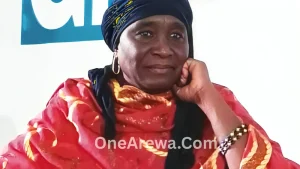
Wiki Profile
| Category | Details |
|---|---|
| Full Name | Zaynab Alkali |
| Born | 1950, Tura-Wazila, Borno State, Nigeria |
| Education | BA and Doctorate in African Studies, Bayero University Kano |
| Pioneer Status | First Female Novelist from Northern Nigeria |
| Notable Works | The Stillborn (1984), The Virtuous Woman (1987), Cobwebs & Other Stories (1997), The Descendants (2005), The Initiates (2007) |
| Academic Career | Senior Lecturer, University of Maiduguri (20 years); Dean, Faculty of Arts, Nasarawa State University, Keffi |
| Professional Roles | Principal, Shekara Girls’ Boarding School; Deputy Director, National Primary Health Care Development Agency (Abuja) |
| Translations | Works translated into German, French, Arabic, and Spanish |
| Awards | Over 40 awards, including the Nigerian Woman of Distinction Award (2010) |
| Leadership Roles | Chairperson of several educational and cultural boards in Nigeria |
| Personal Life | Married to Mohammed Nur Alkali (former Vice-Chancellor, University of Maiduguri); six children |
| Legacy | Trailblazer for Northern Nigerian women writers, feminist literary themes, educator, and community leader |
Check Out: Hajiya Gambo Sawaba: The Fearless Nigerian Activist Who Fought for Women’s Rights
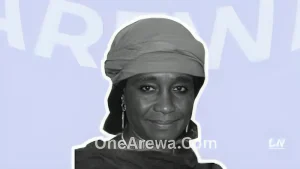
Early Life and Education of Zaynab Alkali (Born 1950)
Zaynab Alkali was born in 1950 in Tura-Wazila, a village in Borno State, located in the northeastern region of Nigeria.
She grew up in a culturally diverse environment that greatly influenced her worldview and later inspired the themes in her literary works.
Her early exposure to the complex interplay of religion, tradition, and modernity in Northern Nigeria played a formative role in shaping her identity and literary voice.
Zaynab’s formal education began in earnest when she enrolled at Queen Elizabeth Secondary School in Ilorin, a reputable girls’ school where she demonstrated academic excellence and a growing interest in literature.
Her secondary education laid the groundwork for her literary ambitions, as she was exposed to both African and Western literary traditions.
Academic and Professional Career of Zaynab Alkali
After earning her BA in 1973 and subsequently a Doctorate in African Studies from Bayero University, Kano, Zaynab Alkali embarked on a distinguished academic and professional journey that spanned decades.
Her early career began in the education sector, where she served as the principal of Shekara Girls’ Boarding School, a role that showcased her commitment to female education and leadership.
She then transitioned into higher education, becoming a lecturer in English literature.
Her first major university role was at the University of Maiduguri, where she worked in the Department of English for an impressive twenty years, rising to the rank of Senior Lecturer.
During her time there, she influenced a generation of students and contributed significantly to academic discourse in African literature and creative writing.
After leaving the University of Maiduguri, Alkali worked for three years at the National Primary Health Care Development Agency (NPHCDA) in Abuja, applying her administrative and educational experience in a national development context.
She later returned to academia by joining Nasarawa State University in Keffi, where she took on leadership roles, including serving as the Dean of the Faculty of Arts.
In this capacity, she taught creative writing and mentored young writers, particularly women, encouraging them to find their voice through literature.
Throughout her career, Zaynab Alkali seamlessly balanced academia, administration, and literary creativity, cementing her legacy as a pioneering educator, a literary icon, and a trailblazer for women in Northern Nigeria.

Literary Career of Zaynab Alkali
Zaynab Alkali is celebrated as the first woman novelist from Northern Nigeria, and her literary career is both pioneering and profoundly influential.
She debuted with her groundbreaking novel, The Stillborn (1984), published by Longman as part of the Drumbeats series.
This novel earned widespread acclaim for its powerful portrayal of African womanhood, tradition, and personal growth, and it remains a landmark text in African feminist literature.
Her second novel, The Virtuous Woman (1987), also published by Longman Nigeria, further explored themes of gender, societal expectations, and moral resilience in Northern Nigerian society.
It reinforced her position as a literary voice for Northern Nigerian women, advocating for their strength, dignity, and agency.
In 1997, she published Cobwebs & Other Stories, a compelling collection of short stories that delved into everyday experiences and complex social dynamics.
These stories showcased her versatility as a writer, blending folklore, realism, and contemporary issues with poetic elegance.
Alkali continued her literary journey with the novel The Descendants (2005), published by Tamaza, which explored generational shifts and cultural identity.
Two years later, she released The Initiates (2007), a novel that tackled education, tradition, and personal transformation, reflecting her dual roles as a writer and an educator.
Her writing is characterized by rich storytelling, strong female protagonists, and deep engagement with African cultural themes.
Through her novels and short stories, Zaynab Alkali has significantly contributed to African literature and has inspired countless writers, especially women, across Nigeria and beyond.
Check Out: Queen Amina of Zazzau: Nigeria’s Legendary Warrior Queen Who Built an Empire
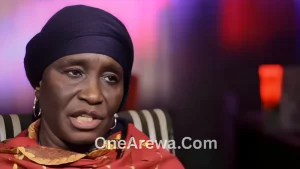
Honors and Awards of Zaynab Alkali
1. Best Female Writer Award – She was recognized for her groundbreaking work as the first female novelist from Northern Nigeria.
2. Nigeria’s National Honours – She was awarded the Member of the Order of the Federal Republic (MFR) by the Nigerian government for her contribution to education and literature.
3. ANA Prize for Fiction – Her works have been acknowledged multiple times by the Association of Nigerian Authors (ANA), honoring her storytelling skills and thematic depth.
4. Honorary Doctorate Degrees – Alkali has received honorary degrees from several institutions in recognition of her impact on Nigerian literature and education.
5. African Literature Icon Awards – She has been celebrated both locally and internationally for shaping African women’s voices in literature.
Leadership and Service of Zaynab Alkali
Zaynab Alkali has exemplified leadership and service across academic, literary, and public service domains in Nigeria.
After earning her doctorate in African Studies, she became the Principal of Shekara Girls’ Boarding School, where she mentored young women and promoted girl-child education in Northern Nigeria.
Her leadership trajectory continued as she took up a senior academic role at the University of Maiduguri, where she served as a Senior Lecturer in the English Department for over 20 years.
She later transitioned to public service, working with the National Primary Health Care Development Agency (NPHCDA) in Abuja for three years, contributing to national development in the health sector.
Her education service reached a peak when she joined Nasarawa State University, Keffi, where she served as the Dean of the Faculty of Arts and taught Creative Writing, shaping a new generation of writers and scholars.
Beyond formal institutions, Alkali has been actively involved in women’s empowerment initiatives, literary workshops, and mentorship programs, particularly for young female writers in Northern Nigeria.
Through these roles, she has consistently championed education, gender equity, and literature as tools for societal transformation.
